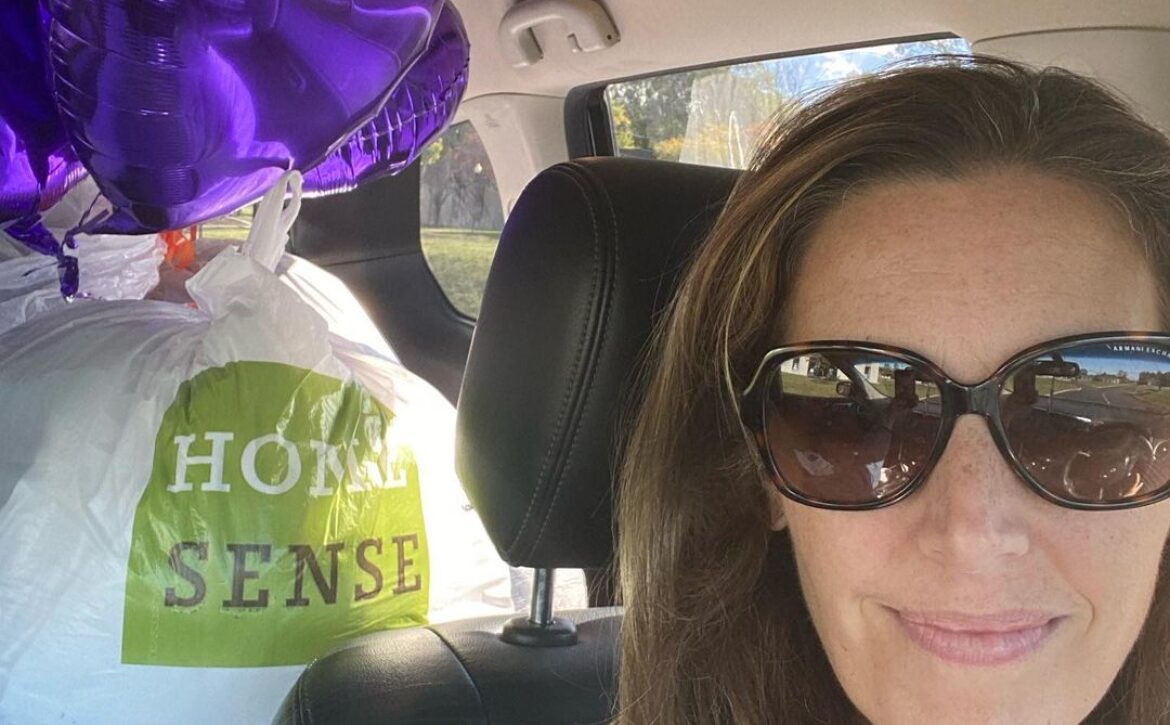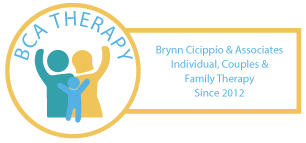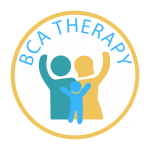


Devon’s Closet Last Weekend
Click here to visit our Instagram and learn more about how much of an impact Devon’s Closet has + to learn more about the incredible work that Savage Sisters is doing!
Learn More
Self-Care For Parents Is Crucial!
Self-care for parents is not selfish, it’s crucial. You deserve to take care of yourself because, you deserve it! Each of us has a right to strive towards happiness and to value ourselves.
Taking care of your physical, spiritual, psychological and social needs will help you feel your best so you can be the best parent you can be. It’s important to set aside a little bit of time for self-care even when you feel like you don’t have a single second to devote to yourself. While there are many different self-care strategies for parents. It’s important to experiment with them to figure out which strategies work best for you.
1. Spend Time in Nature
Nature and forest therapy is a research-based framework for supporting healing and wellness through immersion in forest and other natural environments. You can participate on a guided nature and forest therapy walk.
2. Set Time Out of the Day to Be Alone
It’s important to give yourself a few minutes of alone time. Even if it’s 10 minutes each day that you set aside to relax by yourself, a little solitude can help you unwind. That can mean waiting for your child to take a nap or waiting until a friend or family member is watching your child, give yourself permission to charge your batteries with a little alone time.
3. Schedule Time with Friends or Family
If you schedule a future social activity for yourself, it gives you something to look forward to. Which is a good for your mental health and is a good self-care strategy in itself. Then, actually engage in social activity will give another boost to your psychological well-being.
4. Get Out of the House
That doesn’t mean going out to food shop or commuting to work. We need more than just our office space and our kitchens. Going out for a walk, walking your dug, riding a bike can reduce the feeling of confinement and clear your head. Consider having a parent night out once or every other week.
5. Treat Yourself
From time to time, it’s okay to treat yourself. Our kids get treats but shouldn’t parents sometimes as well. We can treat ourselves by buying a new pair of sneakers, going to a sporting event, going to the movies, or going out to get desert for yourself. Parent need treats too!
There are many ways to practice self-care for parents, we hope these ideas can help you think about how you can bring self-care into your daily life as a parent.
Learn More
Tips For Overcoming Anxiety Related Procrastination
Do you struggle with procrastination? Is it causing you more anxiety? Here are some tips for overcoming anxiety related procrastination.
- Improve your decision-making skills. Having good decisions making skills can help you avoid procrastinating when you have a difficult problem to deal with.
- Head off fear that might lead to procrastination. Fears about falling can cause some people to procrastinate. By working on this fear, you may be able to reduce the urge to procrastinate.
- Break your tasks down. Taking larger tasks and breaking them down into smaller, more manageable actions steps can help you beat your anxiety related to procrastination.
- Focus on the progress not perfection. Rather than ending up bogged down in not attainable expectations of self-inflicted perfection, continue to build upon the progress that you made moving forward in whatever it is that you are doing. Finish the task at hand, and then, time permitting, go back to make it as close to perfect as possible.
- Set boundaries for yourself. No matter how much you want to accomplish, sometimes you have to know when to say “when”. If you find yourself taking on the weight of the world, at one point or another you will probably find yourself at the bottom of it. Before you try to take care of anyone else, try taking care of yourself first.
Devon’s Closet Recovery Clothing Drive Starting Now
The 3rd Annual Devon’s Closet is support people in recovery. All the items donated will be going to Savage Sisters Recovery. We are now accepting donations at our Wayne office with final drop off on October 8th. Donations will be accepted at BCA Therapy, 983 Old Eagle School Road, Wayne, PA 19087.
Items that will be accepted include:
- Men’s and Womens winter clothing
- Wound care items
- New socks
- Personal hygiene care
The clothing drive is in loving memory of Devon.
Learn More
This Month is Suicide Prevention Awareness Month
Suicide is a problem that touches the lives of many Americans. Many of us may know someone who has attempted or died by suicide. Over the past decade suicide rates have steadily risen in the United State. Suicide is currently 10th for cause of death among all ages.
It’s important for you to know that suicide is preventable. With commitment and engagement on social media, our communities, workplaces, and homes together we can help reduce the number of suicides. This is a time to raise awareness of the stigma and taboo around suicide. The stigma around suicide makes it hard to reach out for help, but with the right information, support and action, people affected by suicide can recover and lead happier lives.
Here are some warning signs of suicide:
- Talking, writing, or drawing about death.
- Looking for ways to attempt suicide.
- Talking about having no response to live, being a burden to others, or not being here tomorrow.
- Feeling hopeless, desperate, or trapped.
- Giving away possessions and behaving recklessly.
Crisis Resources
- If you or someone you know is experiencing a mental health crisis, call or text 988. Connect with a trained crisis counselor 988 is confidential, free, and available 24/7/365.
- If you are uncomfortable talking on the phone, you can chat the chat the Suicide and Crisis Lifeline at 988lifeline.org.
- Trevor LGBTQ Crisis Hotline Call 1-866-488-7386 for free, confidential, and secure online messaging service, providing live help by trained volunteers. Check the website for hours of operation www.thetrevorproject.org.
- Veterans Crisis Line- For Veterans Crisis Line Call 1-800-273-8255 or text 838255. This is for Veterans, Active Military, and their families. You can also have a confidential chat at www.veteranscrisisline.net.
At BCA Therapy, we are here to help and support you in a mental health crisis. If you need to talk to a therapist, we have therapists that can assist you and can help you recover and can help you live happier lives. Please reach out or visit BCA Therapy!
Other Resources
Suicide Prevention Awareness Month (SPAM) | NAMI: National Alliance on Mental Illness
Learn More
